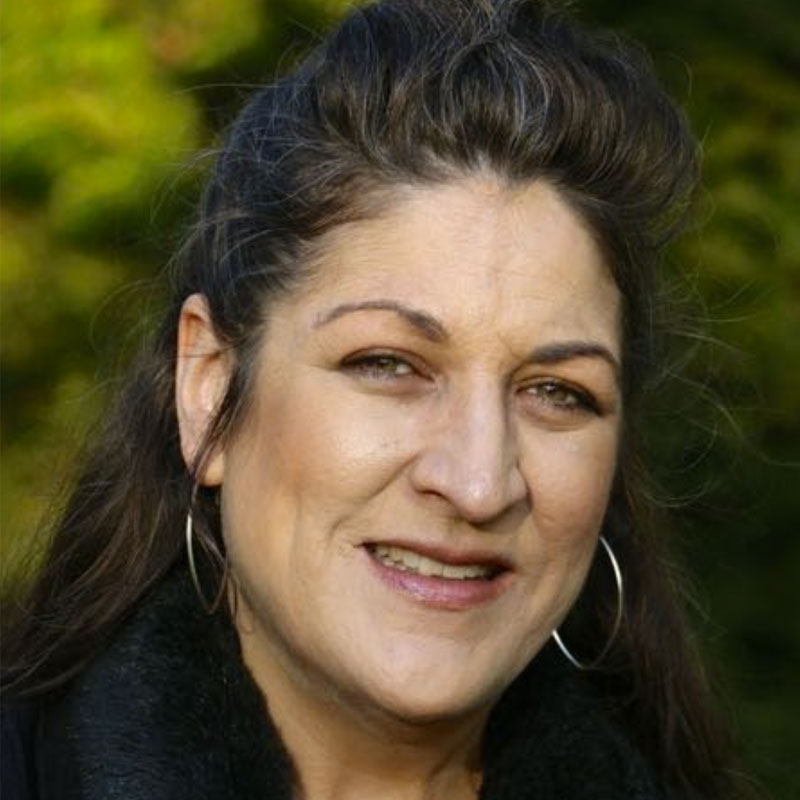Participants will learn about the role of colonization in music therapy through a Canadian lens. A historical perspective will be provided. Participants will work through a reflective process to open their awareness of their personal understanding of colonialism and to acquire a deeper understanding of steps forward in the process of decolonizing our work. Specific materials will be shared for participants to use in their own practice and research.
Presentation Description:
Participants will listen to lecture and view videos on aspects of colonialism in Canada. Participants will reflect on a set of guiding questions to broaden their understanding of their personal awareness of how colonialism is at work in their lives and music therapy practice. The concept of privilege will be deconstructed through this group process designed to increase sensitivity to inclusivity, parity, and equity. The true story of the relationship between Indigenous people in the modern country Canada and the government of Canada will be presented. Participants will have the opportunity to broaden their awareness of the negative impact of colonialism including racism, sexism, gender violence, and other topics that may arise. Participants will be offered materials to use in their music therapy practices and resources for further learning.
Learner Objectives:
- Evaluate the appropriateness of a referral for music therapy services. (CBMT Domain A3)
- Obtain client information from available resources (e.g., client, caregiver, documentation, family members, medical and other professionals, treatment team members). (CBMT Domain B2)
- Create an assessment environment or space conducive to the assessment protocol and/or client’s needs. (CBMT Domain B11)
Target Audience:
Students, Entry-level professionals, Experienced professionals
Presenter Biographies:
Sue Baines, PhD, MTA, Fellow of the Association for Music and Imagery, researches anti-oppressive practices in music therapy. She teaches in the Music Therapy program at Capilano University and practices in long-term care. She is editor-in-chief of the Canadian Journal of Music Therapy and has multiple publications in music therapy and social justice.
Sherryl Sewepagaham, BMT, BEd, is of Cree-Dene ancestry and is an Indigenous music therapist at the Royal Alexandra Hospital in Edmonton. Her music therapy program focuses on Indigenous patients in palliative and geriatric care. She is an award winning professional musician and music educator.


